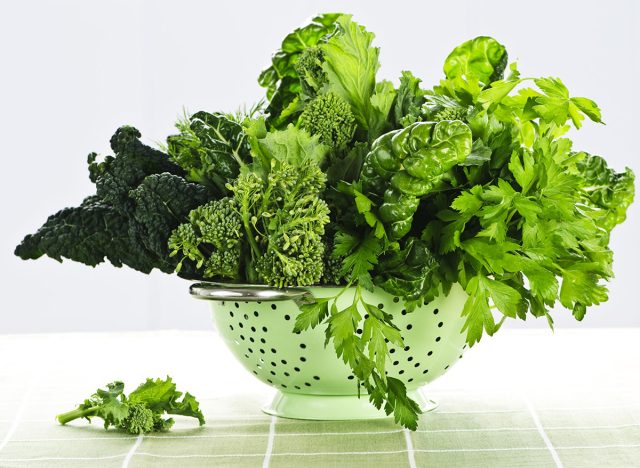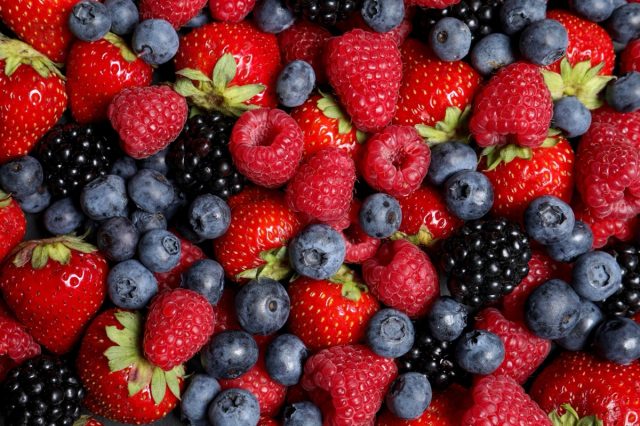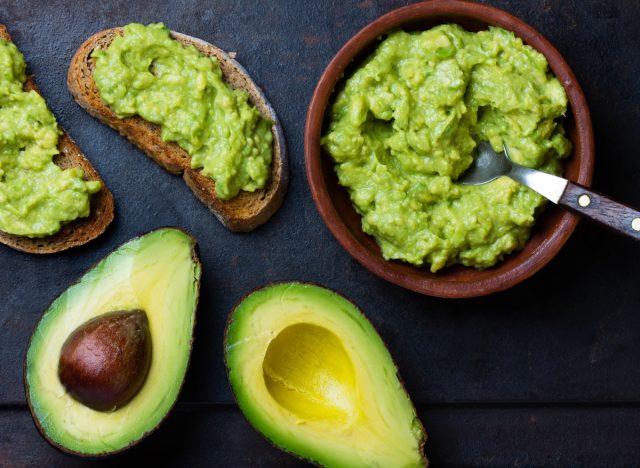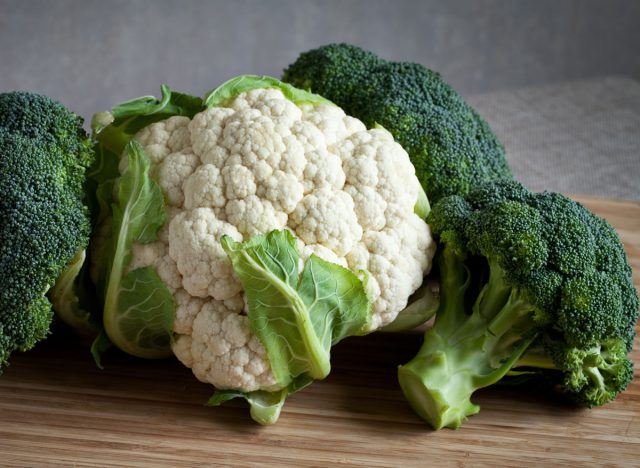I’m a Cardiologist and These Are the 5 Foods I Eat To Live Longer

You are what you eat. Every single thing you consume can impact your wellbeing and longevity, so it’s essential to make healthy choices. We went to the heart of the matter, so to speak, and spoke with chief cardiologist at HumanN, Christopher Davis, MD, who shares the five foods he eats every week to promote a long, healthy life.
“The best nutrition for heart health supports blood flow, reduces inflammation, stabilizes blood sugar, and helps maintain healthy lipid profiles. I focus on whole, nutrient-dense foods that support nitric oxide production, vascular function, and metabolic resilience,” Dr. Davis tells us. “My approach is grounded in both clinical evidence and metabolic efficiency … The goal is not just to live longer, but to live longer with vitality.”
Science says that whole foods and plant-focused diets can help you avoid or reverse certain chronic diseases. Seeing as highly processed, nutrient-deficient foods are a major cause of the “obesity epidemic” and plethora of weight-related diseases, it’s important to make a conscious effort to avoid refined sugars, sodium, and trans fats. All of these can cause hypertension, chronic inflammation, and cardiovascular damage.
“As we age, our bodies become less efficient at producing key molecules, so I also recommend functional foods or clinically studied ingredients and supplements,” Dr. Davis explains.
Foods that contain antioxidants, fiber, and phytochemicals can ward off inflammation and support essential health markers, including cholesterol and blood pressure.
Here are the five foods Dr. Davis eats every week for longevity.
Dark Leafy Greens

Dark leafy veggies such as Swiss chard, spinach, kale, and arugula are rich in natural nitrates, which activate the production of nitric oxide (NO) in the body.
“NO is a vital molecule for heart health, it relaxes and dilates blood vessels, improves circulation, and helps maintain healthy blood pressure,” explains Dr. Davis. “Because our NO production declines with age, getting these greens regularly is one of the most effective dietary ways to counter that.”
Berries

It’s wise to incorporate a variety of fresh berries like strawberries, blueberries, and raspberries into your diet—and Dr. Davis knows that well. These “antioxidant powerhouses” are chock-full of flavonoids and polyphenols to help combat inflammation and oxidative stress—two main causes of cardiovascular disease.
“[Berries] also help improve endothelial function (the inner lining of blood vessels), which supports healthy blood flow and cholesterol regulation,” Dr. Davis adds.
Avocados

Avocados are an excellent source of potassium and heart-healthy monounsaturated fats. Both nutrients are helpful for blood pressure and lipid balance.
“[The] fiber content [in avocados] also contributes to glycemic control, another key factor in long-term cardiovascular resilience and quality cardiometabolic health,” explains Dr. Davis.
Wild-Caught Fatty Fish

Mackerel, sardines, and salmon are wild-caught fatty fishes that you should consume regularly.
“Omega-3 fatty acids found in fatty fish are essential for reducing systemic inflammation and supporting heart rhythm, triglyceride levels, and arterial flexibility,” Dr. Davis points out. “I prioritize wild-caught sources for their nutrient density and lower toxin exposure. Regular intake of these fish has been associated with a lower risk of cardiovascular events.”
Cruciferous Vegetables

Veggies such as cauliflower, broccoli, and Brussels sprouts provide fiber and aid detoxification.
“[Cruciferous vegetables help] eliminate environmental toxins and metabolic waste that can burden the cardiovascular system,” says Dr. Davis. “Their antioxidant content also contributes to reduced oxidative stress, which is a common driver of vascular damage.”